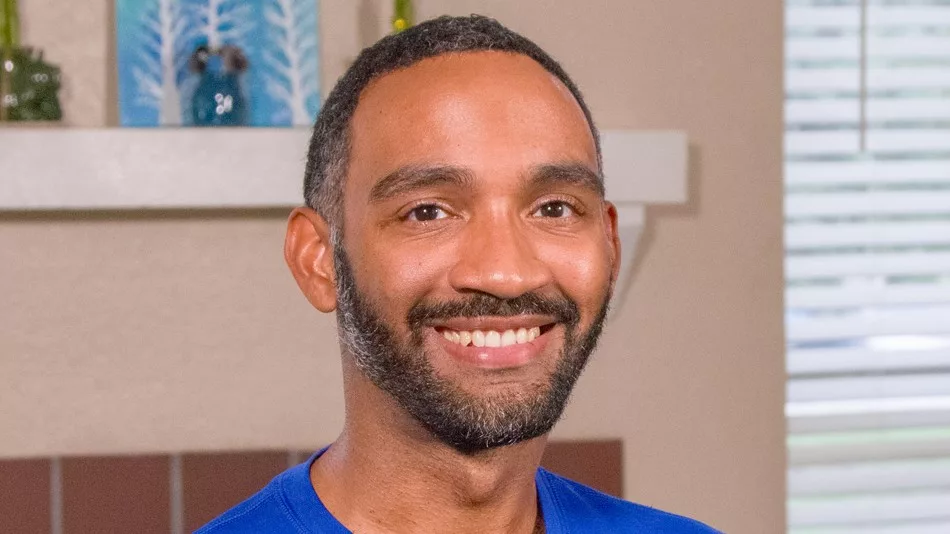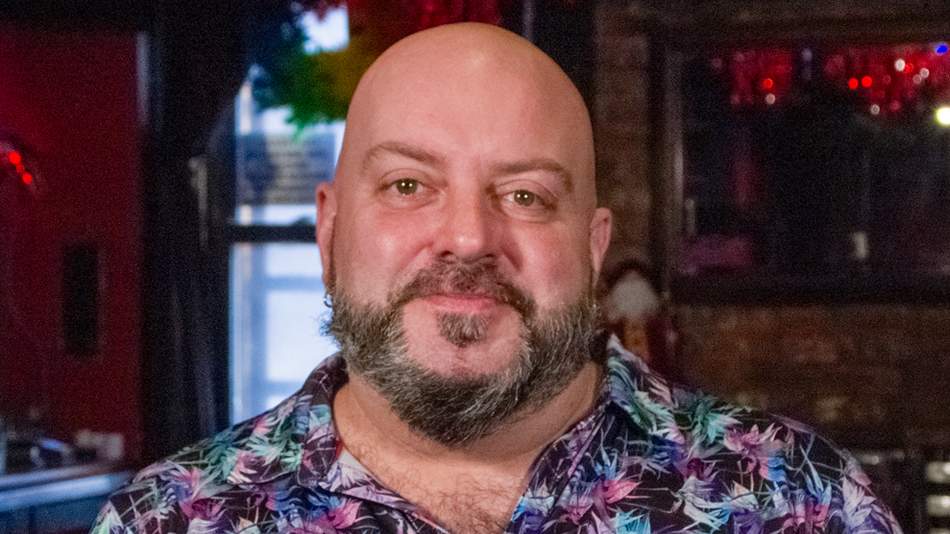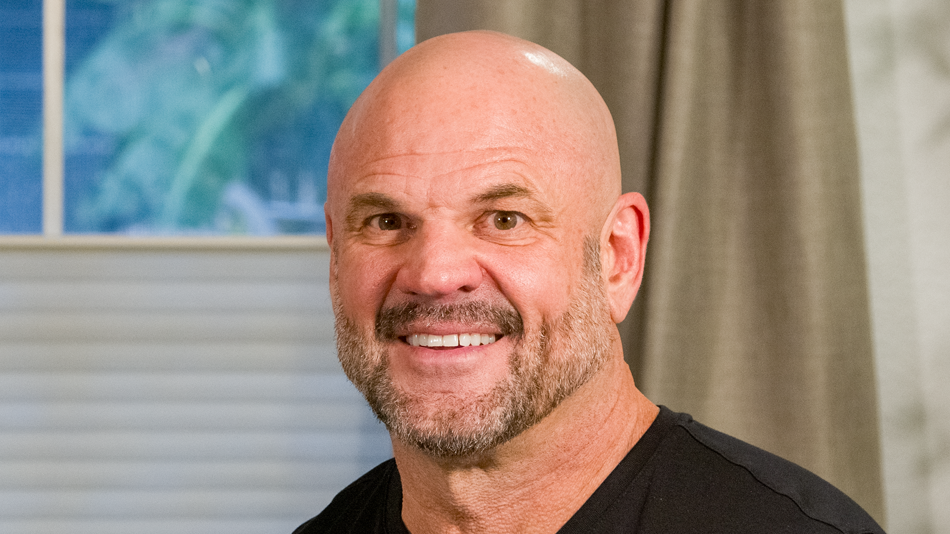
Like most people, coming out to myself, parents and friends was all at once painful, wonderful, and liberating. I’m lucky to look back on it now and be thankful that I have a great relationship with myself, family, and friends. The story I want to tell, however, relates to coming out to my 8th graders in Washington D.C.
During my two years with Teach for America, I was placed in one of the lowest performing middle schools in Washington D.C., located in the 7th Ward on the East side of the Anacostia River. As part of a way to engage and motivate my students to read, I decided to end the year with a unit where students chose a class novel to read together. I gave a short description of three popular teen novels, and then I read a description of the adapted play The Laramie Project. After tallying the votes, I was shocked beyond imagination to find that all but one student listed The Laramie Project as their #1 choice. I say I was shocked because all the other choices were consistently voted as teenage favorites, and more so because “fag” was a word used constantly in the hallways and fights among the students. Indeed I had been called “fag” so many times, I hardly even noticed it anymore.
To prepare for the novel, I communicated the students’ choice to our Reading Specialist, the wife of an openly anti-gay D.C. politician. She told me I would not be allowed to teach the novel because the students were too young to discuss the topic of homosexuality, and that it could possibly send the message that being gay was okay. I thanked her for her advice, and decided to teach the novel anyway.
There is one part of the play where Marge Murray, mother of Reggie Fluty (the police officer who responded to the 911 call and first found Matthew Shepard), is asked by an interviewer, “What would you do if a woman hit on you?” Marge responds that she would politely decline and do nothing, assuming the person left her alone. My students, being the amazing readers they now are, stopped class and wanted to discuss this issue. Amongst each other they asked the same question and the responses ranged from, “I’d kill a dude if he hit on me,” and, “I’d shoot him to death,” to, “I’d beat him senseless,” and, “I’d beat him up bad, but I wouldn’t kill him.” Very few said they’d politely decline and do nothing. I asked the students where this anger and hatred was coming from and most responded that their parents and churches told them being gay was wrong, and that killing them would be OK.
At this point I felt time slow down immensely. The students were sharing answers, but I was having an ethical battle inside my head about what my role as a teacher and as a gay person was. So many of my gay and straight colleagues said I had no business discussing my sexual orientation with the students, and that it was inappropriate for a teacher to come out. But for two years I had been their teacher, and we had grown so close and treated each other like family. I knew in my heart that they wouldn’t want to kill or cause any harm to me. I remember telling myself at this point, if they ask me what I would do if a gay person hit on me, I am going to come out. My role as a teacher was to give students the ability to think and make decisions on their own.
Sure enough a student asked me, “Mr. T, what would you do if a gay dude hit on you?” Even though I was scared of losing my job, scared of losing the love of my students, and scared of not being able to control the classroom the rest of the year, I stuck to my decision and responded, “Well, that depends I suppose. If the guy was attractive, I’d say ‘yes’. If he wasn’t cute, I’d say ‘no thanks’.”
“Ok, so you would just be polite so they didn’t feel bad,” one student commented.
“No, if I thought the person was cute, I’d go out with them on a date,” I nervously replied.
Their faces were utterly confused. They had no idea I had just come out to them. I was furious with myself that I missed the opportunity to say, “I’m gay.” The students continued the discussion of other topics and got back to the reading. All the while my heart was beating a thousand miles a second, as I was both angry at myself for not coming out to them, and scared that I was in front of people who had just recently said they’d kill a gay person. After a few minutes, one of my most inquisitive students raised her hand and said, “Wait, Mr. T, what do you mean you’d go on a date with them?”
“Guys. I’ve been your teacher for two years now. How do you not know? I’d go out with him if I thought he was cute because I’m gay.” You’d have thought the students won the lottery the way they reacted to that statement. Every single kid screamed, threw their hands into the air, shouted at each other, ran wildly around the room, shoved all the papers off their desks. Two students even ran into the hallway screaming at the top of their lungs and running around the halls, returning 30 seconds later. After what seemed like an eternity, all the students came back to their seats, sat down in their chairs, and started raising their hands, asking questions and making comments. “I’ve got a gay cousin, he’s cool.” “My best friend in Maryland is gay.” “My uncle is gay, he’s hilarious.”
What really made the entire process worthwhile was to hear a student say, “Mr. T we don’t care if you’re gay, we love you no matter what. You’re cool.” From that moment on, my students felt like my own kids. Over the few weeks that followed, I got more hugs and more appreciations for being their teacher than I’d ever had. Kids came in individually and in groups to tell me they loved me no matter what. Even kids from other classes came in to express their support.
I believe adamantly in Harvey Milk’s philosophy, “…I hope that every professional gay will say ‘enough’, come forward and tell everybody, wear a sign, let the world know. Maybe that will help.” Hopefully my coming out that day, and at all the schools I’ve worked in since have helped students, teachers, and families be more tolerant of gays, themselves, and others who are different.






Share